How To Cultivate Younger Friends
Photo credit: fstop123
My wife and I and most of our friends span a narrow age range from mid-60s to mid-70s. That’s just fine, for now.
But I’m thinking about the future. In 20 years, when I am a fit, feisty 91 and my child bride is a dignified, elegant 86, what are the odds that our circle of friends will be intact?
Let me answer it this way: No life insurance company is willing to bet on it.
So I’m thinking, if many of our friends take early departures, who’s going to go with me to ballgames? Who will want to go to dinner and a movie? Who’s going to join us for Keith Richards and Willie Nelson concerts?
The answer is painfully obvious: We need to cultivate younger friends.
What is less obvious is how to go about it gracefully. We can rule out a post on Match.com or OKCupid because, well, how lame does this sound? “Older couple seeks younger companions for friendship, dining out, and other fun activities.” Creepy! We’d be lucky not to get arrested.
Or we could try picking out random strangers at the grocery: “Excuse me but you look like a nice person. Would you be interested in having fun with older adults?” We’d be lucky not to get slapped.
Dinner Table Conversations
I have found one idea that seems reasonable – particularly in comparison to the first two – which is to invite people of different ages to dinner. In fact, there is a national organization designed to promote these events.
Generations Over Dinner is a global initiative, currently in beta stage, to “create meaningful multi-generational experiences and conversations.” Anyone can apply to host a dinner, and the website will provide you tools to make it happen: a step-by-step guide for planning the event, invitations for guests, several suggested topics for dinner conversation, and a script the host can use to get the conversation started and keep it rolling. The program encourages hosts to bring guests from as many as five generations to the table.
The major partners in the initiative are Modern Elder Academy, a “Midlife wisdom school” that guides adults through life transitions, and the Association for Growth and Education, which makes grants to support “long life learning, Midlife transitions, intergenerational connections and overcoming ageism.” Their stated goal for their joint effort is to bring together Gen Z and Millennial activists with older adults who seek opportunities to share their wisdom and learn from the younger generations.
Chip Conley, CEO of Modern Elder Academy, sees the project as “a platform that encourages shared wisdom” and has the potential to shift perspectives about aging. “Cultural tropes about aging have created acute age-segregation: the perception that school is just for young people, work is just for the middle-aged, and Retirement communities are exclusively for older people,” Conley says. On a grander scale, he says, “the power of cross-generational connection and collaboration could genuinely improve the world.”
The program staff have created nine “scripts” (discussion guides) for three broad topics: the future, love and relationships, and purpose. Under the future, for example, there are guides for discussing problems and solutions, the planet, and end of life (for individuals, not the planet).
Where you find your dinner guests is still up to you. The website allows you to post an advance and have people volunteer to attend. (More than 1,000 people have signed up to the site so far.) But for starters, you might begin with your adult children and their friends. If that works, ask each of them to invite another friend for the next dinner.
Intergenerational Ideas
Beyond dinner, there are other opportunities to interact with people from other generations. Generations United maintains a national database of intergenerational programs, searchable by state, and a rich library of resources. Cogenerate (formerly Encore.org), offers grants and fellowships to support intergenerational efforts by social impact organizations. It also produces research reports.
I’m all for cross-generational collaboration that improves the world. But my more immediate concern is finding younger people who are promising prospects for long-term relationships, the kind that might still be in place 20 years down the road.
Was your transition to retirement bumpy?
I want to interview people about their own Retirement experience for a book I’m researching. If you care to share your story, please email me at don@donakchin.com to set up a remote interview.





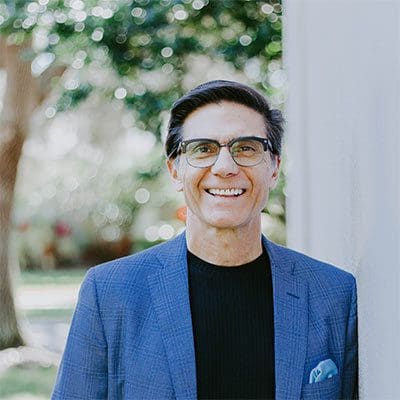






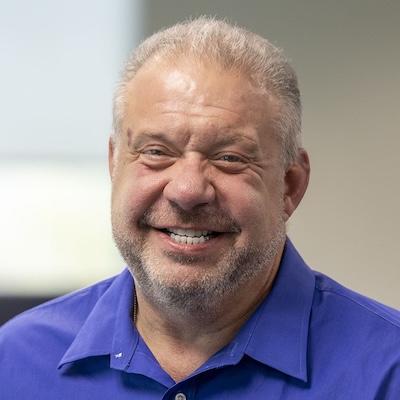







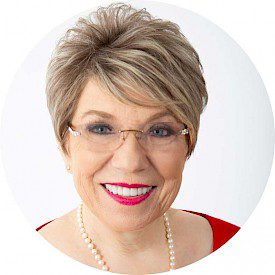
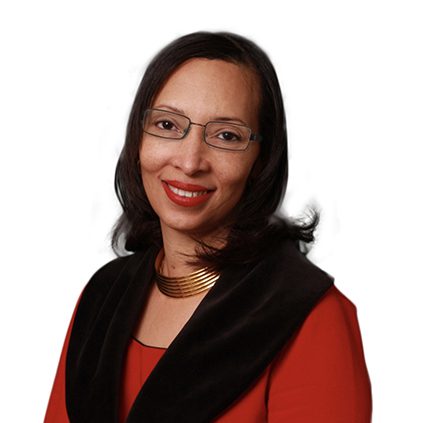

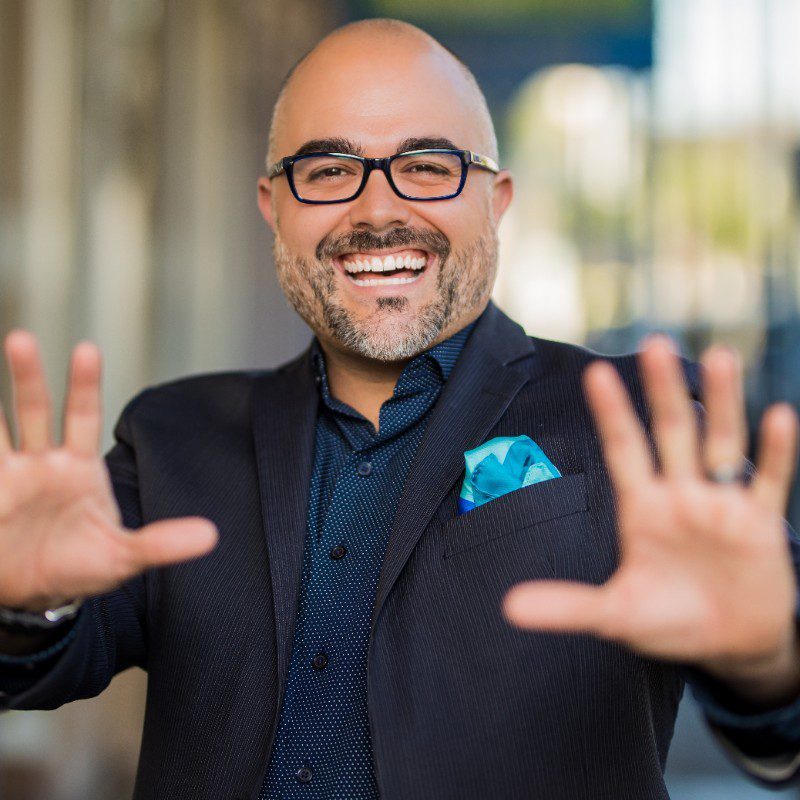





Already a Member? Login Here.
Not Yet a Member? Join the Conversation Today!